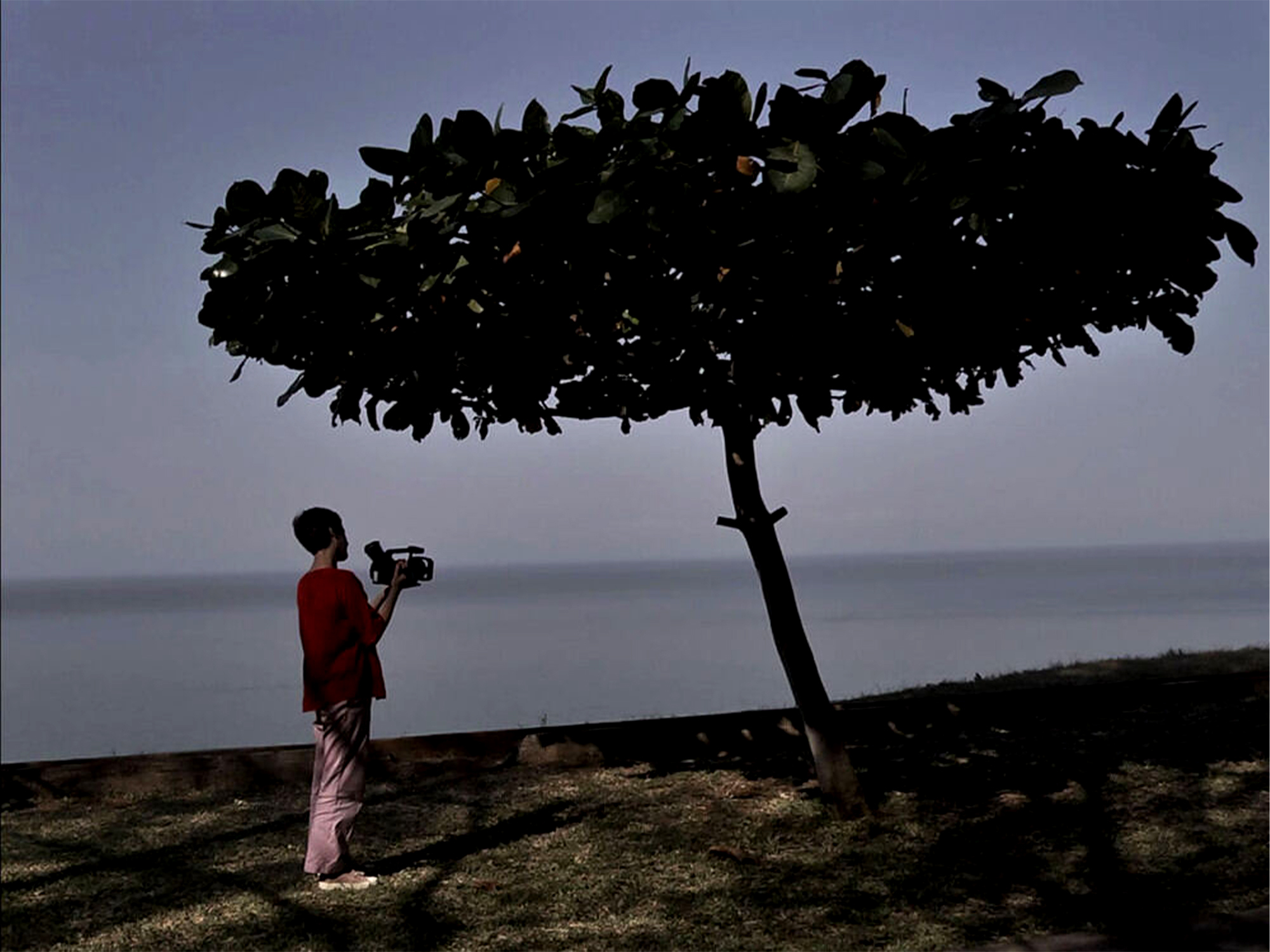
Hoping to resurrect her late grandmother, Júlia, Catarina Ruivo combines family archives with rich visuals in a non-fiction film which successfully immortalises a cherished loved one. Old photographs of Júlia and her husband are printed out and carefully placed in beaches and forests; their black-and-white figures are cut out from the past and pasted into the present.
Rita Durão reads Júlia’s personal letters aloud. While we watch Júlia’s friends and family speaking to her, making food for her, and even dancing with her, all in her absence — they speak to an empty bed, and receive no response — this narration gives Júlia a sort of voice through which her own thoughts, fears, and desires are powerfully expressed.
Get more Little White Lies
Mozambique forms the backdrop for much of the film, in long, beautiful shots of lush greenery and the sun glinting on the sea. My Grandmother Trelotótó is a world of beautiful nostalgic imagery, but it must be said that Ruivo avoids interrogation of her grandmother’s paradisiacal experience of 1940s/’50s Mozambique as a white settler; the film therefore unfortunately risks upholding a colonial narrative. These visuals do, however, make the film captivating through its long runtime, and function alongside the narration of Júlia’s letters to make us feel as though we are viewing the world through her memory of it.


